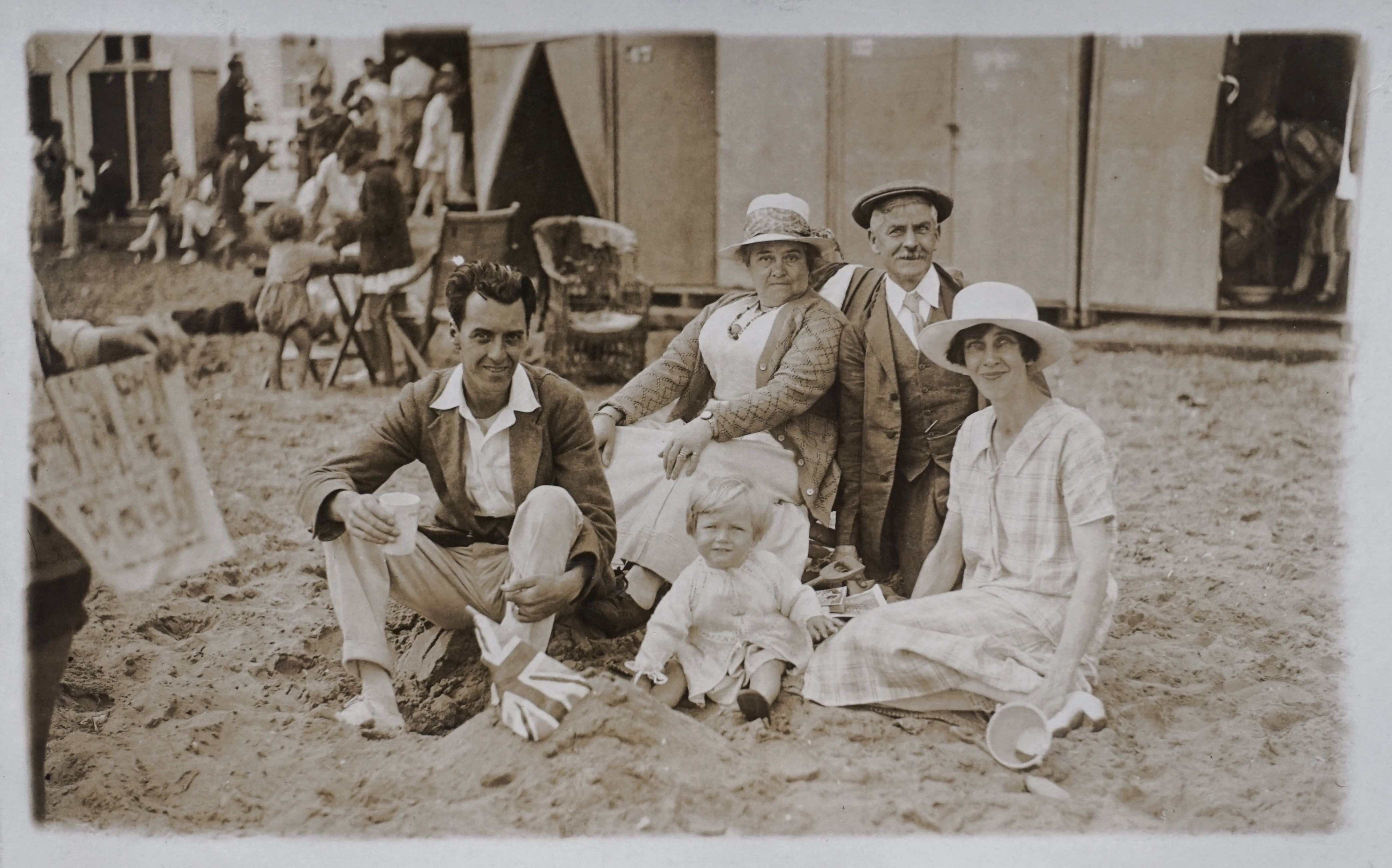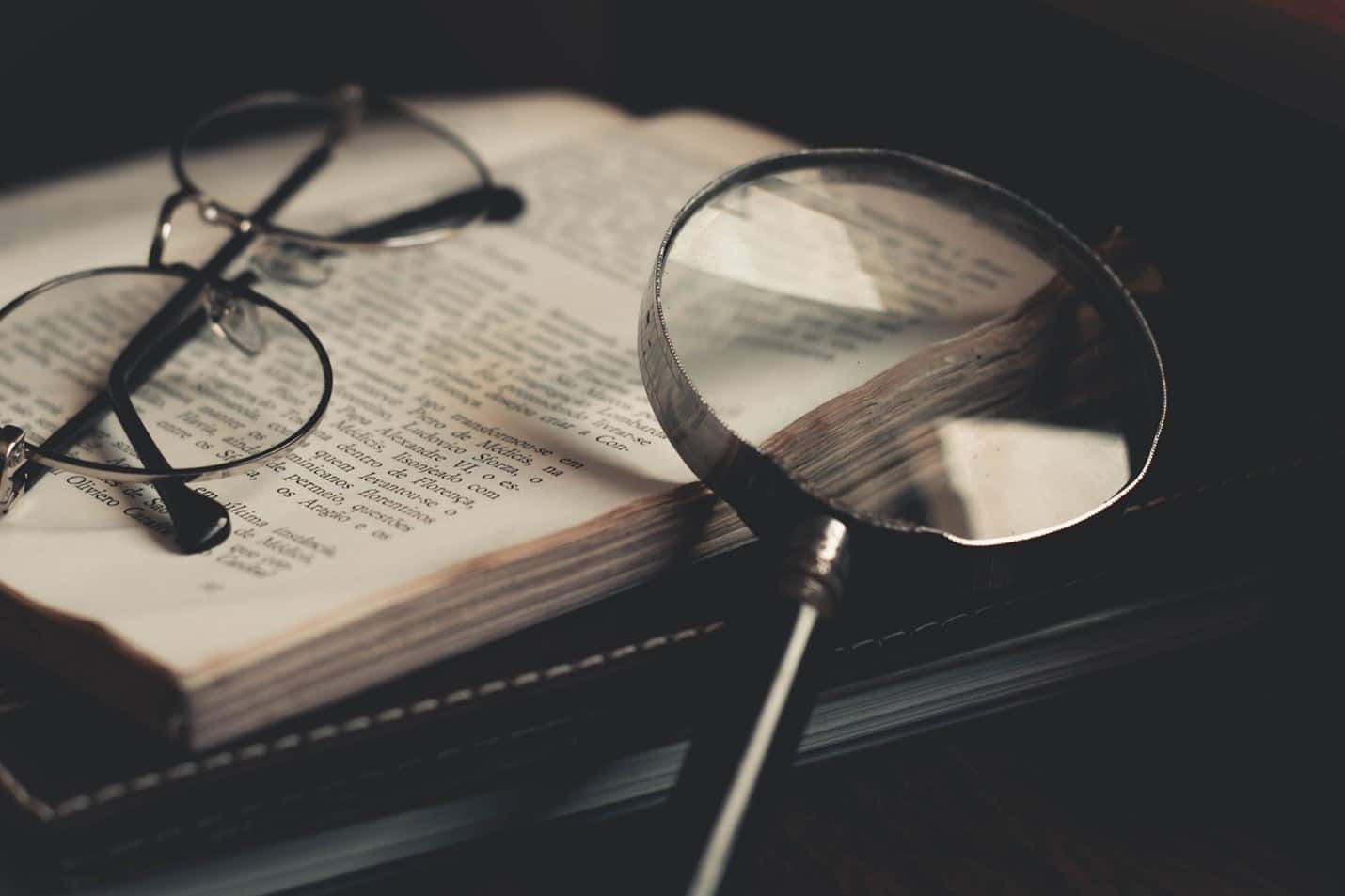
True Confessions of a Genealogist
TRUE CONFESSIONS OF A GENEALOGIST
“Genealogist” is a term you’ll hear from time to time in passing, but you won’t derive its definition from the context unless you’re actually paying attention when it comes up—and I never was.
I’ll admit that prior to researching and writing about genealogy and historians and the like, had I been pressed to define “genealogist” I might have guessed that it had something to do with DNA, or maybe horoscopes, or wait…is it rocks?
There is also a possibility that at one point I might have thought that genealogy and congeniality had something to do with one another.
Maybe for a little while there during that time I thought that genealogists were the people who teach you how to enter a room, how to politely sit and stand and exchange pleasantries, and how to make proper use of the extra silverware at fancy restaurants—that kind of thing—you know, charm school stuff. Maybe I thought that. Maybe.
If I did in fact think that, well, I would have been wrong. But it turns out that DNA does actually come into play in genealogy, and while still far off, my first gut-guess would have been closest to the target.
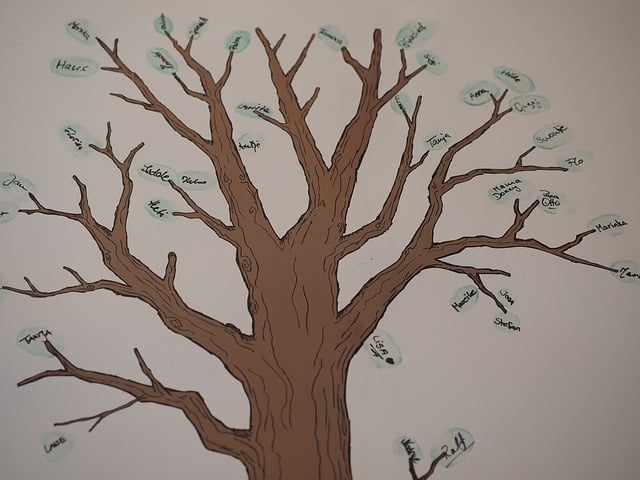
To oversimplify their role, one can say that genealogists fill in the blank spaces on family tree charts.
Sure, if you know how to write and your handwriting is decently legible, you can fill in those blanks yourself.
But what if you don’t have the names?
If you wanted to know the names of your grandparent’s grandparents—on both sides of the family—how would you go about finding out?
If you interviewed every last one of your living relatives and you didn’t get any usable results, what would you do?
In the B.G. era (before Google), if the local library wasn’t much help, you’d seemingly be left with few options.
You could go knocking door-to-door.
You could stop passers-by on the street.
You could wait around hoping that eventually you’d meet someone who knew the answers to the questions you were asking. Otherwise, you were pretty much out of luck. Or were you?
See, genealogy was around before Google. In fact, Google isn’t necessarily all that helpful to genealogists today.
The study of familial history and the charting of family trees goes back to ancient times. Nobility relied on the upkeep of their pedigrees to maintain their claims to property and power. They also used genealogy to calculate the odds that a female marriage prospect would produce male heirs.

Some examples of family trees even purport to connect all the way back to Adam and Eve.
Confucius’ family tree is over 2,500 years old. It’s maintained to this day, and it’s ranked by “The Guinness Book of World Records” as the largest family tree in existence (I googled that).
But if genealogy differs from most other forms of modern, everyday kinds of research in that it doesn’t rely as much on digital sources, how do genealogists do what they do?
Turns out it’s a pretty complicated business. Maybe that’s why genealogy is an entire field of study in itself.
I needed to know more.
For answers, I reached out to Jennifer Rizzo, a Denver-based genealogist with The Writers For Hire.
First off, I wanted to learn how one ends up in genealogy. As someone so far removed from the subject that I might have once confused it with poise and manners training, I asked Ms. Rizzo about what first sparked her interest in the practice.
“Growing up,” she replied, “I was told stories about my own ancestors, and the trials and tribulations that they faced. I always found it fascinating to think about how difficult it must have been for them to leave their entire lives behind, and journey across the ocean to a new life full of uncertainties. Discovering more about them really sparked my passion for genealogical research.”
Jennifer’s online bio states that she studied Spanish at the University of Guadalajara in Guadalajara, Mexico, and that she holds a certification for International Tour Management through the International Guide Academy.
Absent from her bio, however, is any mention of genealogical studies in an official capacity, and it got me thinking:
I went to college; did I ever see Genealogy listed as a major?
Is there some kind of certification or licensing process involved?
How does one become a bona-fide genealogist?

Jennifer laid out her story for me:
“The way I got into Genealogy was a bit unconventional. Like most professional
genealogists, my journey started out as a personal hobby and passion. However, in
addition to my background with Spanish and Tour Management, I also worked in the
medical field for many years. During that time, I was tasked with doing in-depth
research into medical records and Social Security law.
Those fine-tuned research skills, combined with my knack for languages, passion for history, and travel/tour management education, proved to be the perfect set of skills for transferring into Genealogy.”
According to Jennifer, to be a Genealogist, it does not require a formal education or degree.
“That being said,” she continued, “for anyone wanting to work as a genealogist in a professional capacity, I highly recommend taking classes and attending seminars or workshops. There’s a lot you can learn from trial and error, but there are also really valuable skills that come from studying under more experienced genealogists. I personally have taken many classes and seminars under the Association of Professional Genealogists, as well as through Ancestry, the National Genealogical Society, and RootsTech.”
I told Ms. Rizzo about how I once conducted a practically fruitless search into my own family’s history—all I really found was a death record for my grandfather from 1984.
I asked her if a professional genealogist could really find out much more about him, being that he emigrated from Hungary and died before the age of the internet.
Her answer definitely reinvigorated my hope that I could one day fill out much more of my family’s story:
“A professional genealogist could likely find the ship manifest that shows his arrival, as well as his immigration papers. They could also probably find information on what kind of job he held when he was in Hungary, exactly where in Hungary he lived, and the names and ages of the people he immigrated with. Depending on what kind of information you are interested in, a professional genealogist could also find census records tracking where he lived in the United States, what kind of job he had, whether he was a renter or home owner, and even the value of his estate. Honestly, there are likely a vast number of things that a professional could tell you about your grandfather.”
I wanted to learn more about the actual process a genealogist goes through when working a case. I asked Ms. Rizzo to describe the first steps she takes when approaching a new client:
“The first thing I do is have my clients give me all of the information that they know. This could be anything from names and dates of birth to family stories that they’ve heard over the years. That information gives me a good starting place and helps me to identify which areas need the most attention first.”
When taking on a client and beginning the search into their family’s history, are there any initial indicators that their case will be a particularly difficult one?
What factors make one family harder to research than another?
How do you get around those obstacles?
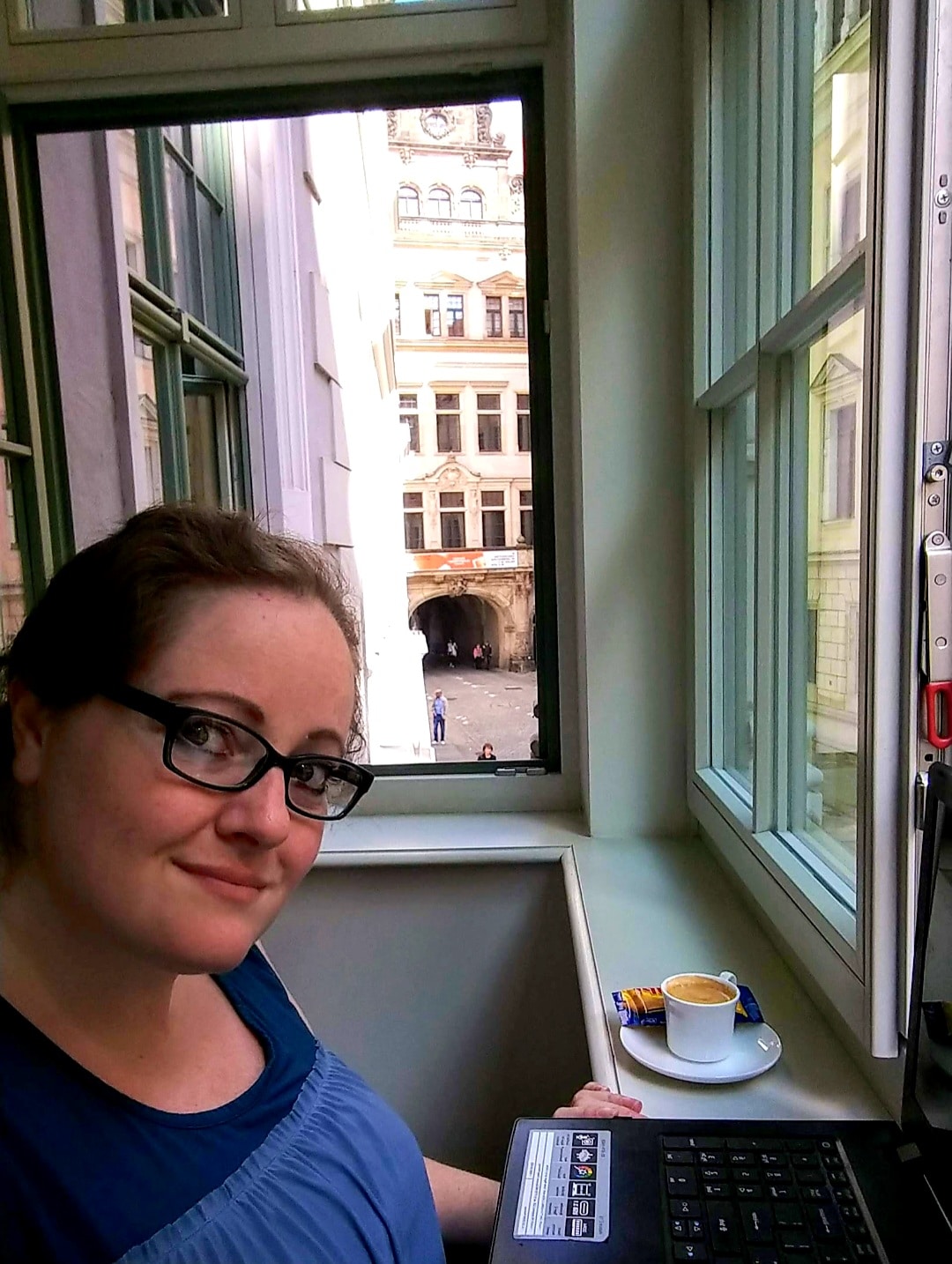
“If adoptions or name changes are involved, I always know that those cases will likely be more of a challenge. For the most part, though, it’s hard to know how easy or how difficult one’s family history will be to trace until I really get into it and see what resources are readily available.”
Have you ever found the biological parents of an adopted child?
“I have never actively tried to find biological parents of an adopted child but would
definitely be up for the challenge!”
Is that kind of search even in a genealogist’s wheelhouse?
“Adoption records are tricky. Different states have different laws about providing information on birth parents. There are definitely times when a genealogist can help with that kind of search, though. Genealogists are skilled at taking little clues from many different places and combining them to put the puzzle together. While a state may only release an original birth certificate that excludes the biological parents’ information, a professional genealogist will likely be able to use the information in that certificate to find other clues.”
When you come to a dead end in your research, how do you know it’s the end of the
road? Where do you check for more info? When do you finally give up?
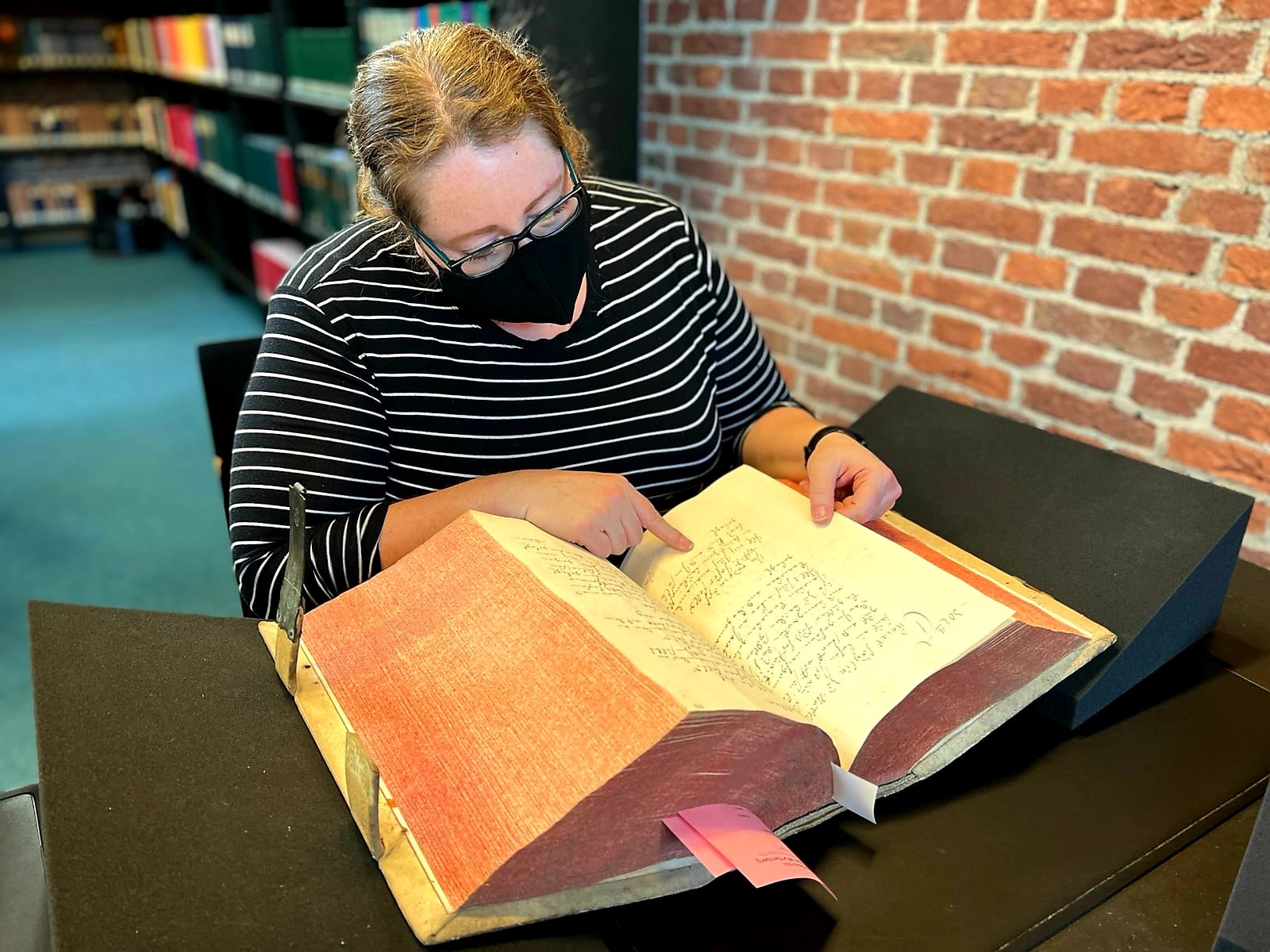
“Genealogy is not an exact science, and there is no distinct ‘end of the road.’ What information you can find really depends on how much time and resources you are able and willing to invest in your research. If I am searching for one specific record and find that it’s impossible to locate, I always try to find another way to get the information that
the record contained.”
Can you tell me about a time that you encountered and subsequently overcame a
brick wall in your research? How did you beat it?
“There have been times when I have tried to locate a client’s family member on a
particular census, but they were not coming up in any searches. In one particular case, I used the census records from the years before and after to make a guess as to where
they would have been living. Then, using the names and ages of the family members, I
did a page-by-page search of the census in that town. It turned out that they were
actually on the record, but that the handwriting on the original record was hard to read,
so whoever transcribed them into digital format entered the wrong last name.”
“There was another case in which the spelling of the family’s last name was changed
shortly after they immigrated to the United States. So, when searching for their
immigration records, they couldn’t be found under the current spelling. In that case, I
took the information that I knew about the family and was able to locate a ship manifest
from when the family arrived. From there, I could find their immigration papers showing
the original spelling.”
What kind of little-known research avenues are out there?
“There are a lot of avenues that can be used to find information. It’s really a matter of taking the few things you know to be true and plugging them into different sources to try to find what you’re looking for.”
Have you ever discovered anything embarrassing, shameful, or shocking while
researching a family’s history?
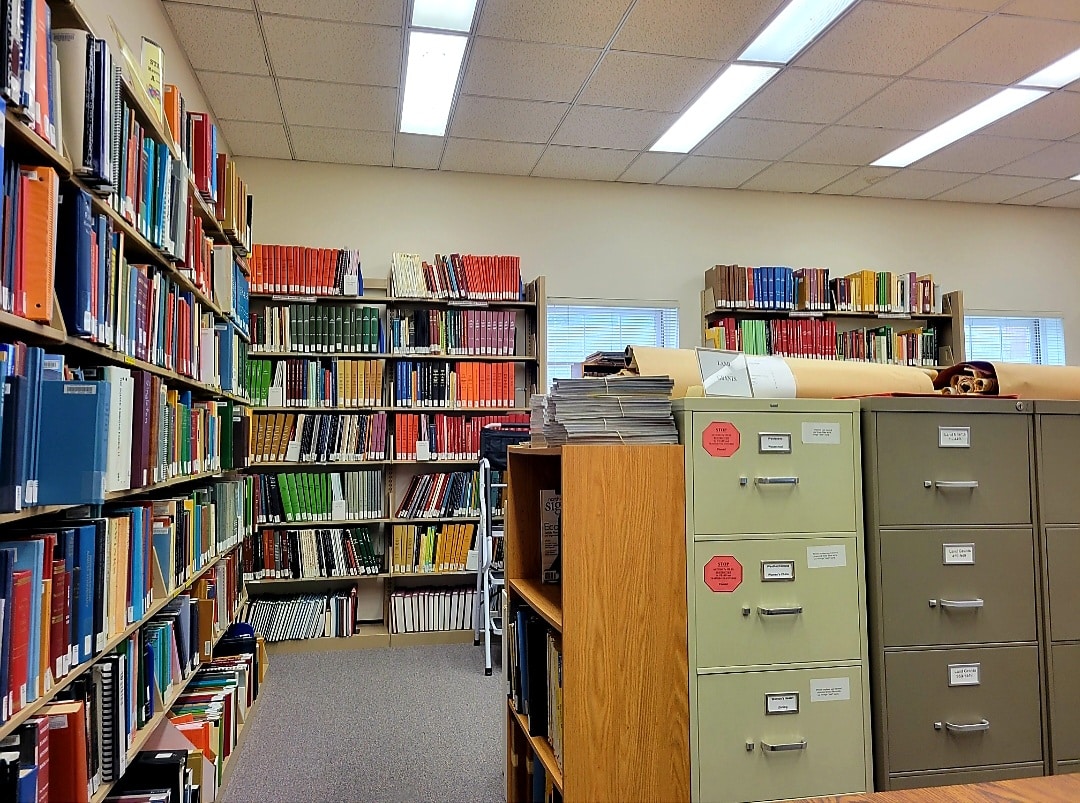
“History is full of all kinds of embarrassing and ugly things. So, when you’re digging into
a family’s past, it’s inevitable that there will be at least a few unpleasant discoveries. I
have found all sorts of things in my research: family members with illegitimate children,
people who spent time in the state asylum, slave owners, Nazis, murderers…the list
goes on.”
Is there ever an instance where a genealogist would choose to not share a discovery with their client?
“I try to be as honest as possible with my clients, and let them know about
everything I dig up. There have been times when a client has voiced that they don’t
want to know about anything unsavory. In those cases, I just keep those things to
myself. For the most part, though, people tend to understand that no family is perfect
and that there are bound to be some unexpected discoveries.”
I asked Ms. Rizzo to tell me about her favorite genealogical research story from her own experience.
I wanted to know if she’d had one particular success that was the most fulfilling or if any one client stood out in her memory as being her happiest customer ever.
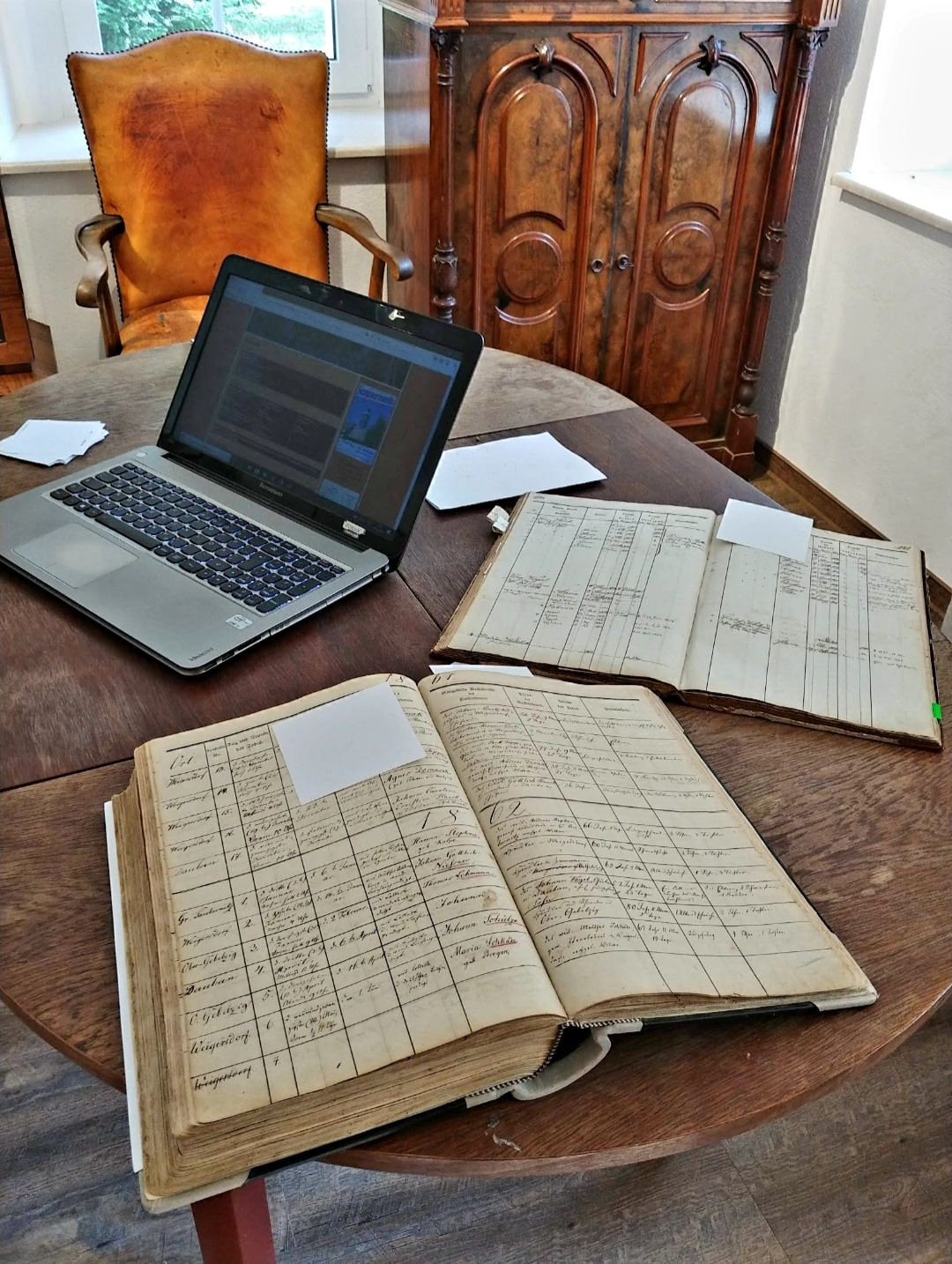
Here’s how she responded:
“As cliché as it sounds, I have honestly enjoyed all of the different genealogy projects I’ve worked on. Discovering and putting together all of the clues of the past is such a rewarding experience. And it’s so much fun to see how excited my clients get when I find things about their ancestors that they didn’t know before. I don’t know that I can necessarily pinpoint a specific moment that has been the most fulfilling, or a client who has been the happiest. I would say that personally my most fulfilling moments are when I spend hours trying to solve a mystery, and finally come across the answers I have been looking for.
“As for my clients, I think they have all been quite happy with the results. After all, when someone hires a genealogist, it’s generally because they have a deep desire to find out about their roots. Being able to provide them with answers to the age-old question of ‘Where did I come from?’ is incredibly satisfying for everyone involved.”
If you’re interested in starting a family history project of your own, request a quote today!
Related Content
- 0 Comment
Subscribe to Newsletter
- How Can SharePoint Be Used To Organize and Disseminate SOPs?
- Planning the Perfect Genealogy Research Trip: A Step-by-Step Guide
- From Silly to Awesome: How Words Change Meaning Over Time
- The Psychology of Font Choice: How Typography Impacts Content Engagement
- How to Distribute SOPs for Maximum Usability





